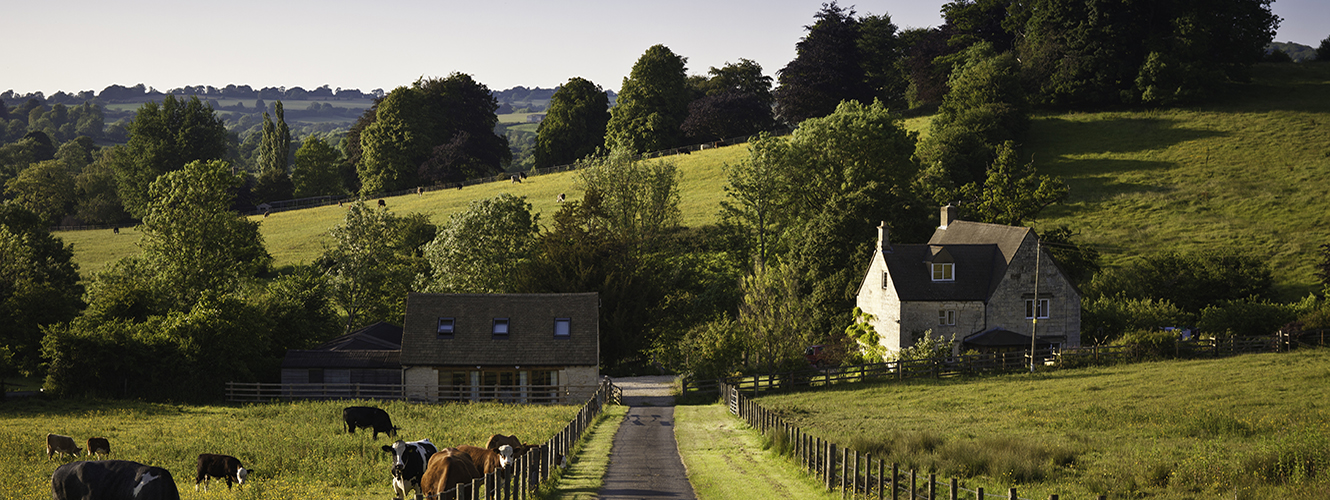
For many farm businesses, Basic Payment Scheme (BPS) has historically provided a guaranteed annual cash injection to support profitability. As BPS phases out over the next five years, farm businesses will need to seek new ways to enhance their profits from agricultural production and maintain cashflow.
A measure of annual agricultural input cost inflation recently hit 28.4%*, significantly outweighing the equivalent index for output costs at 15.7%*. Although the latest Total Income from Faming (a measure of total profit from all UK farming businesses) is the highest since 2013*, it feels as though, in the short term, profitability of individual farm businesses will remain at a relatively constant level but with increased upfront cash requirements.
With current high output prices, there is certainly potential for reasonable profits. Those farm businesses unrestricted by seasonal cash requirements are more likely to be able to take advantage of the best prices both for input purchases and output sales, but businesses with lower liquidity are further penalised by increasingly volatile markets.
Whilst we cannot predict markets or weather, a focus on spreading risk and seeking new opportunities will help to build a more resilient business to meet future challenges and uncertainties. Diversification can offer additional revenue streams, may help to stabilise cashflow, optimise assets and benefit the local rural community.
Rural businesses must also look beyond agriculture at wider society trends to note the potential for diversification, including ‘staycation’ tourism and leisure, environmental sustainability, and social media influence.
In the most recent Farm Business Survey, DEFRA reports that 66% of farms have diversified, with non-farming activities generating on average an additional £20,200 of annual income per farm, contributing to over a quarter of their net profit.
However, diversification requires considerable planning and dedication, and does not come without its own business risk. Farmers are advised to explore options thoroughly including seeking advice on funding, legislation, tax implications and liability. Assessing the impact of any new venture on the existing farm business is also critical to success.
An independent review and detailed analysis of all farm business attributes including physical assets, skills of key personnel and access to local markets is a good place to start and may reveal valuable and under-utilised resources.
Farm reviews must include:
- An evaluation of farm assets and resources, and their current use
- An objective review of strengths, weaknesses, opportunities and threats to a business
- Examination of enterprise gross margin performance, and benchmark of Key Performance Indicators against top performing businesses
- Allocation of fixed costs to different enterprises to assess net profit and optimal trading level for current fixed costs
- Analysis of balance sheet ratios to assess business resilience
- Suggestions for alternative income streams
- Recommended improvements with a basic implementation plan
- Signposting to further support and potential sources of grant funding
Click here to find out more about our agribusiness consultant and management service.
Click here to read our latest Agribusiness brochure.
*Reference for Input/output index - https://www.gov.uk/government/statistics/agricultural-price-indices/api-index-of-the-prices-of-agricultural-outputs-and-inputs-statistics-notice-data-to-april-2022
Reference for TIFF stats - https://www.gov.uk/government/statistics/total-income-from-farming-in-england





